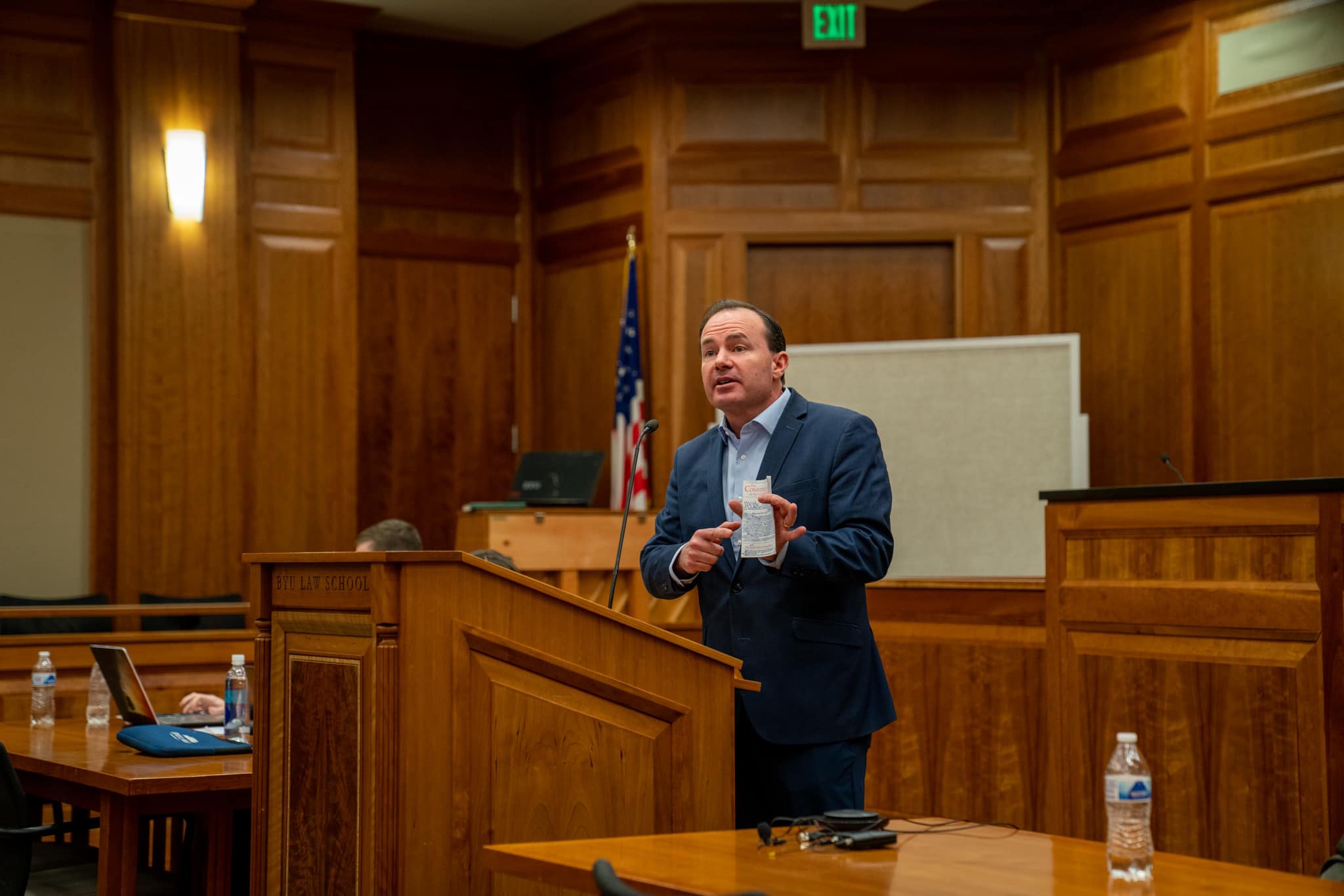Politics
Abortions now banned in Utah after 18 weeks, while trigger law awaits decision

Utah House Rep. Cheryl Acton, the sponsor of H.B. 136. Photo: Courtesy of Vote Cheryl Acton
SALT LAKE CITY — Abortions after 18 weeks of pregnancy are now banned in Utah, due to a H.B. 136, a law passed in 2019 that has now become law after years of prolonged litigation and pandemic delays.
On Friday the Supreme Court overturned the landmark 1973 case Roe v. Wade which granted the constitutional right to abortion. Utah passed a “trigger law” in 2020, which set up a framework to put rules into place if the high court ever overturned Roe.
That law, S.B. 174, bans abortions at any stage with narrow exceptions for rape/incest if reported to the police, or threats to a mother’s health. It also punishes violators with up to 15 years in prison and up to $10,000 in fines. A state judge issued a 14-day restraining order over the law on Monday, making elective abortions legal again.
An injunction had previously been issued over H.B. 136, as attorneys waited for the Supreme Court to rule in Dobbs v. Jackson Women’s Health Organization from Missippi. The court’s decision on that case is what led to Roe being overturned on Friday.
Utah House Rep. Cheryl Acton, the sponsor of H.B. 136, said that the injunction was dismissed Monday. The Utah Attorney General’s Office confirmed to The Salt Lake Tribune that the 18-week ban is now in effect.
6/27: A Utah judge grants a temporary restraining order, blocking Utah’s trigger law from being enforced for two weeks.
6/28: With trigger law on hold, another Utah law, banning abortions after 18 weeks of pregnancy, goes into effect.— Becky Jacobs (@ruthyjacobs) June 28, 2022
“As a state, Utah values human life at all ages and stages and under all circumstances,” Rep. Acton said in a statement Tuesday afternoon. “HB136 will protect unborn children after 18 weeks’ gestation pending the outcome of SB174.”
#utpol #utleg pic.twitter.com/Cq304tyQEL
— CherylActon (@VoteCherylActon) June 28, 2022
H.B. 136 bans abortions after 18 weeks, except in these circumstances:
• If it “is necessary to avert the death” or if there is “a serious risk of substantial and irreversible impairment of a major bodily function” of the pregnant woman.
• Two physicians who practice maternal fetal medicine concur in writing … that the fetus has a defect that is uniformly diagnosable” or “has a severe brain abnormality that is uniformly diagnosable.”
• The pregnancy is a result of rape or incest. Before performing an abortion, the physician will have to verify the rape or incest has been reported to law enforcement



















